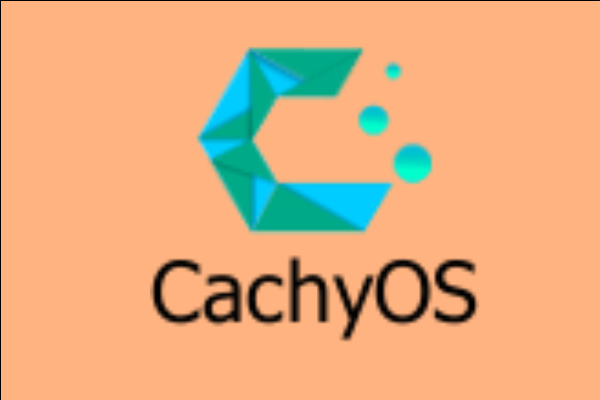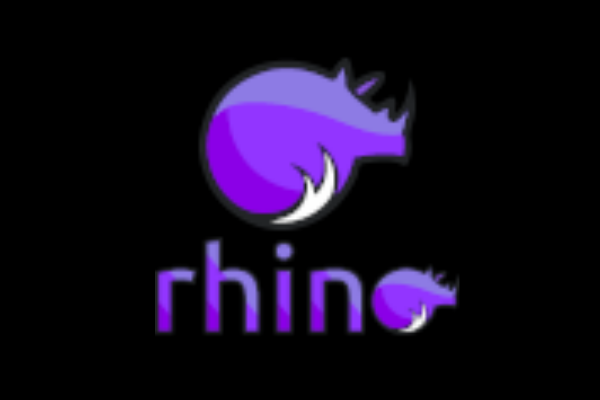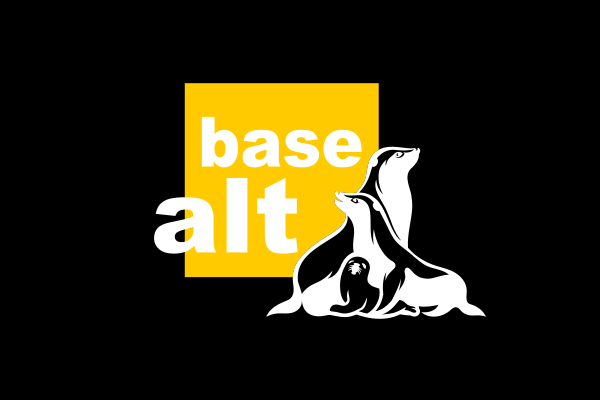Before Ubuntu switched to the Unity desktop environment, I was a dedicated GNOME user and couldn’t imagine using any other desktop environment. I found it especially hard to accept that the GNOME philosophy was moving in a direction I didn’t agree with. Unfortunately, at that time, KDE was not yet the mature, extremely user-friendly desktop environment it later became with KDE 5 and was further improved with KDE 6, so I eventually switched to Linux Mint Cinnamon—a design that still meets my daily needs.
Zorin OS 17.3: A Serious Competitor to Linux Mint
The newly released Zorin OS 17.3 could seriously challenge Linux Mint. It is improving steadily and becoming more user-friendly while still building on GNOME. True, it is a few versions behind the latest GNOME 48 since it uses version 43.9, but its look and feel are exactly what I imagine a Linux desktop should be. Of course, this is subjective and some people might disagree, but that’s okay—Zorin OS was created to help those who grew up with Windows and its familiar interface switch easily. It is also ideal for those who need to switch between Windows and Linux every day.


What’s New and Improved in Version 17.3
Released on March 26, 2023, Zorin OS 17.3 introduces several new features to enhance the user experience, security, and system compatibility. It also tackles the problem that Windows 11 does not support many perfectly working older machines, forcing companies to buy new ones. Since maximum compatibility with Windows has always been a priority for Zorin OS, this version further expands its application database. Now, when a user starts a Windows installer, the system intelligently shows the native Linux version of the software. However, with Wine, it is still possible to run the Windows version.

Another new feature is the replacement of the default Firefox browser with Brave. This change was necessary because Mozilla’s new guidelines have raised concerns in many Linux communities about the safety of our personal data and its potential use for training artificial intelligence models. While Firefox is not extremely popular recently, it is expected to decline further.
Most importantly, Zorin Connect has been improved to allow users to control the mouse and keyboard directly from their phone. By using the phone’s gyroscope, you can now use your phone as an air mouse—similar to the remote control on LG WebOS TVs. This is especially useful during presentations, as it lets you easily point to items on the projected screen even when you are not near your laptop. You can also control the scrolling of your slides from your phone.

Touchscreen integration has also been enhanced, with the on-screen keyboard now opening directly from the panel. In addition, the system includes several other updates and bug fixes, such as the latest NVIDIA drivers and security patches to ensure support until June 2027.
The Core and Education versions are still available for free on the company’s website, while the Pro version costs €43.99. Existing users can update from previous versions using the Software Updater tool.



































